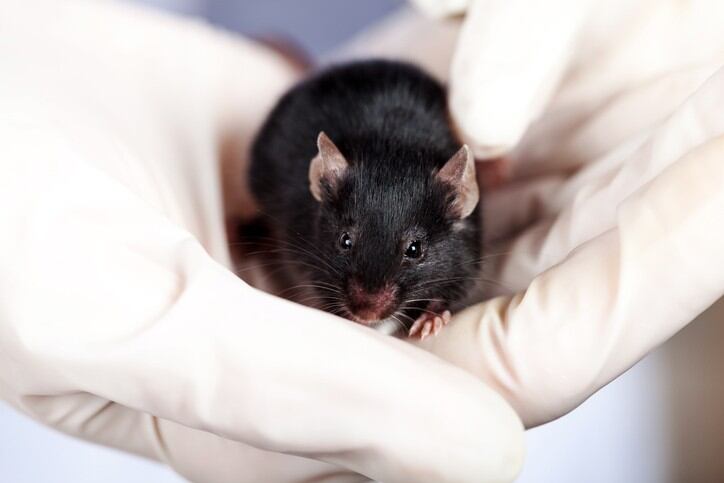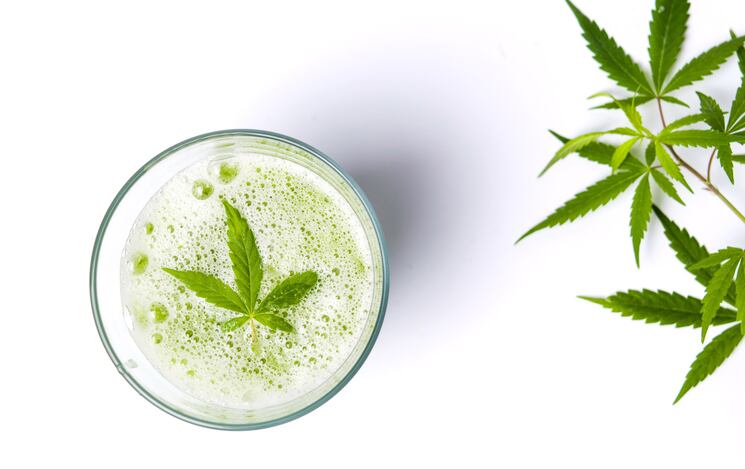Burak Ayan, consultant with Ayansan Consultancy in Istanbul, Turkey, here presents insight into why the market is worth paying attention to, and how brands can access it.
Ayan will be speaking at the upcoming Cosmetics Consultants Europe knowledge sharing event, the Open Academy in November. Find details of the event here.
Attractive market: dynamic population, high import levels
Turkey is an attractive market for cosmetics and personal care brands with young dynamic population growth of 80 million.
Three out of five cosmetic products are imported in Turkey. According to the Ministry of Health of Turkey, there are more than 5000 registered cosmetics companies operating in Turkey.
New trends in the Turkish cosmetic market are mainly for organic and natural products. Other trends are halal probiotic content, and free-claim products.
Turkish Cosmetic Regulation has come into force on 23.05.2005 published in Official Gazette No: 25823.
The regulation has been mostly adopted and harmonized from EU Regulation (EC) N° 1223/2009. There are more than 50 guidelines to help the industry.
The regulation is updated according to following updates based on Regulation (EC) N° 1223/2009. The competent authority is Turkish Medicines and Medical Devices Agency (TITCK) under Ministry of Health.
Overview of Cosmetic Company Responsibilities;
1. Company Registration in UTS and EBS online system
2. Responsible Technical Person (needs to be a real person) work in the company.
3. Product Notification in UTS
4. Product Information File and Safety Assessment Report
Turkish Safety Assessment Reports
Turkish manufactured products need to have Turkish Safety Assessment Reports.
The main difference according to EU is that the safety assessor must have a diploma in pharmacy, dentistry, biology, biochemisty, chemistry, microbiology, medical or an equivalent branch of science or toxicology.
The safety assessor must have a certificate of education about cosmetic product safety assessment.
New product notification system in place
Product Tracking System (UTS) came into force on 1 March 2016. The new product notification system is adopted from CPNP system.
All the products notified in the old system need to re-notify to the UTS. This is a workload for industry.
There are some differences from CPNP. The main differences are Barcodes requirements.
There is no frame formula application in UTS. If a product was already marketed and notified in one of the EU Member State there is a notification obligation in UTS following Turkish Regulations.
There is a new application for imported cosmetic products since 27.08.2018. In this application Cosmetic Safety Assessment Reports must be uploaded to UTS.
Authorities will control these reports. With this application the authority will audit easier the cosmetic companies.




